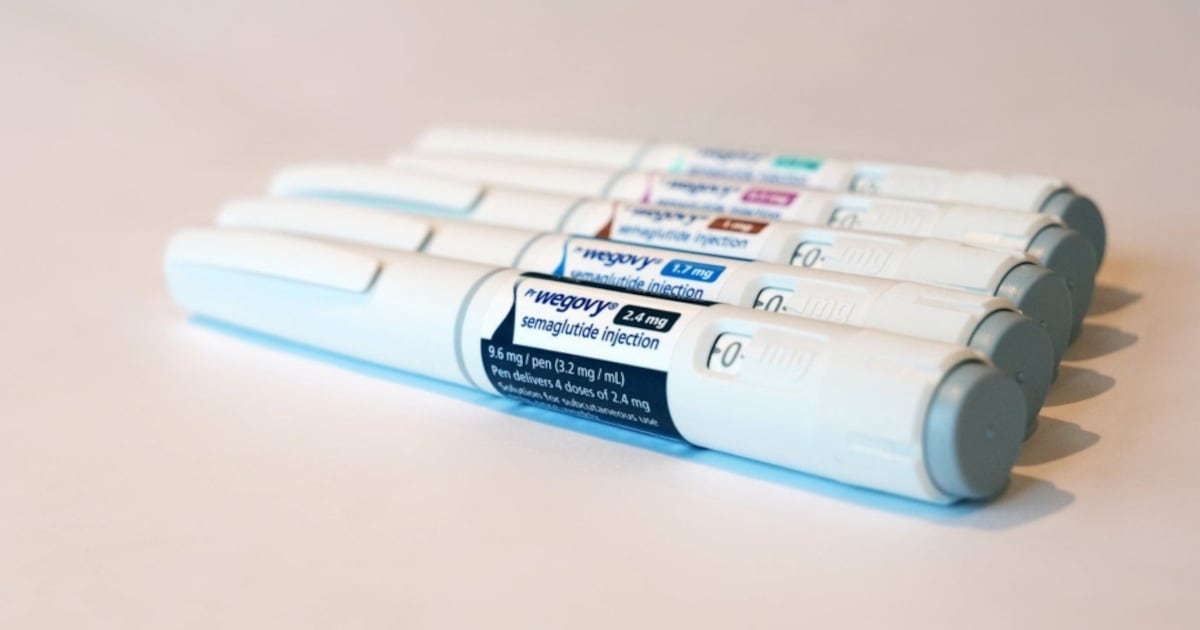Beyond the $1,000 monthly price tags, weight loss drugs expose a deeper crisis in prescription costs. But smart patients are discovering hidden savings programs and negotiation tactics that slash medical expenses by up to 80%.

The Real Deal on Weight Loss Drug Costs (And How to Stop Hemorrhaging Money on Healthcare)
Let's talk about the elephant in the room: those headline-grabbing weight loss drugs that cost more than a monthly car payment. While everyone's buzzing about their four-figure price tags, they're actually spotlighting a bigger mess—the whole prescription drug pricing circus that's making Americans choose between their health and their wallet.
Look, I'm not here to debate whether these medications are worth it. That's between you and your doctor. What I am here to do is show you how to stop getting fleeced on medical expenses, whether you're dealing with weight loss meds or managing other health conditions.
The Price Tag Problem Isn't Going Anywhere
Here's the thing about prescription costs—they're like that friend who always orders the most expensive thing on the menu and conveniently forgets their wallet. Except in this case, we're talking about necessary medications, not fancy appetizers. And while weight loss drugs are grabbing all the attention with their eye-watering prices, plenty of other medications are quietly draining bank accounts too.
Your Insurance Has Secret Superpowers (If You Know Where to Look)
Most people treat their insurance like a boring paperback—they skim the highlights and ignore the rest. Big mistake. Those dense policy documents? They're actually treasure maps to serious savings. Think preferred pharmacies offering 20-30% discounts, mail-order programs that'll hook you up with 90-day supplies at better rates, and tier-based pricing that could slash your costs significantly.
Pro tip: Before you commit to a pharmacy, check if it's in your insurer's preferred network. The difference can be shocking—I've seen people save hundreds just by driving an extra five minutes to a different drugstore.
The Underground Railroad of Prescription Savings
There's this whole shadow economy of savings programs that most people don't even know exists. Manufacturer assistance programs, nonprofit organizations, state initiatives—they're like secret passages to better prices, but nobody bothered to give you the map.
Those prescription savings cards you see advertised? They're not just marketing fluff. Sure, some are better than others, but I've watched people knock 80% off their medication costs with these things. Just remember to shop around—savings can vary wildly between pharmacies and programs.
Playing the Long Game (Because Your Wallet Will Thank You Later)
Smart healthcare spending isn't about quick fixes—it's about strategy. Think of HSAs and FSAs as your secret weapons. They're like having a coupon that never expires, except instead of saving 50 cents on paper towels, you're saving serious cash on medical expenses through tax advantages.
Timing matters too. Those annual deductible resets in January? They're like a financial New Year's Eve for healthcare spending. Plan it right, and you can make those expensive procedures or prescription refills work in your favor.
The Best Medicine? Not Needing It
Look, sometimes medications are non-negotiable. But you know what's better than finding ways to afford expensive prescriptions? Not needing them in the first place. Many insurance plans cover preventive care at 100%, yet people leave these benefits on the table like forgotten birthday gift cards.
Regular check-ups, health screenings, wellness programs—they're like getting a free oil change for your body. Sure, it takes time, but it's a lot cheaper than waiting until something breaks down.
Negotiating Isn't Just for Car Dealerships
Here's something they don't teach you in school: healthcare prices aren't set in stone. Cash discounts? They exist. Payment plans? Absolutely. Price matching at pharmacies? You better believe it. But here's the catch—you have to ask. The healthcare system isn't going to volunteer these savings any more than a car salesman is going to offer their best price first.
Building Your Healthcare Safety Net
Medical expenses have a nasty habit of showing up uninvited, like that cousin who crashes on your couch "just for a few days." Having three to six months of expenses saved up isn't just financial advisor talk—it's your insurance against ending up with high-interest medical debt.
The Bottom Line
Healthcare costs aren't going down anytime soon, but that doesn't mean you have to be a passive participant in your financial bleeding. Whether you're looking at weight loss medications or managing other health conditions, success isn't about finding rock-bottom prices—it's about maximizing value while maintaining quality care.
Stay informed, plan strategically, and don't be afraid to ask questions or negotiate. Your health matters, but so does your financial well-being. And with the right approach, you can manage both without losing your mind—or your shirt.